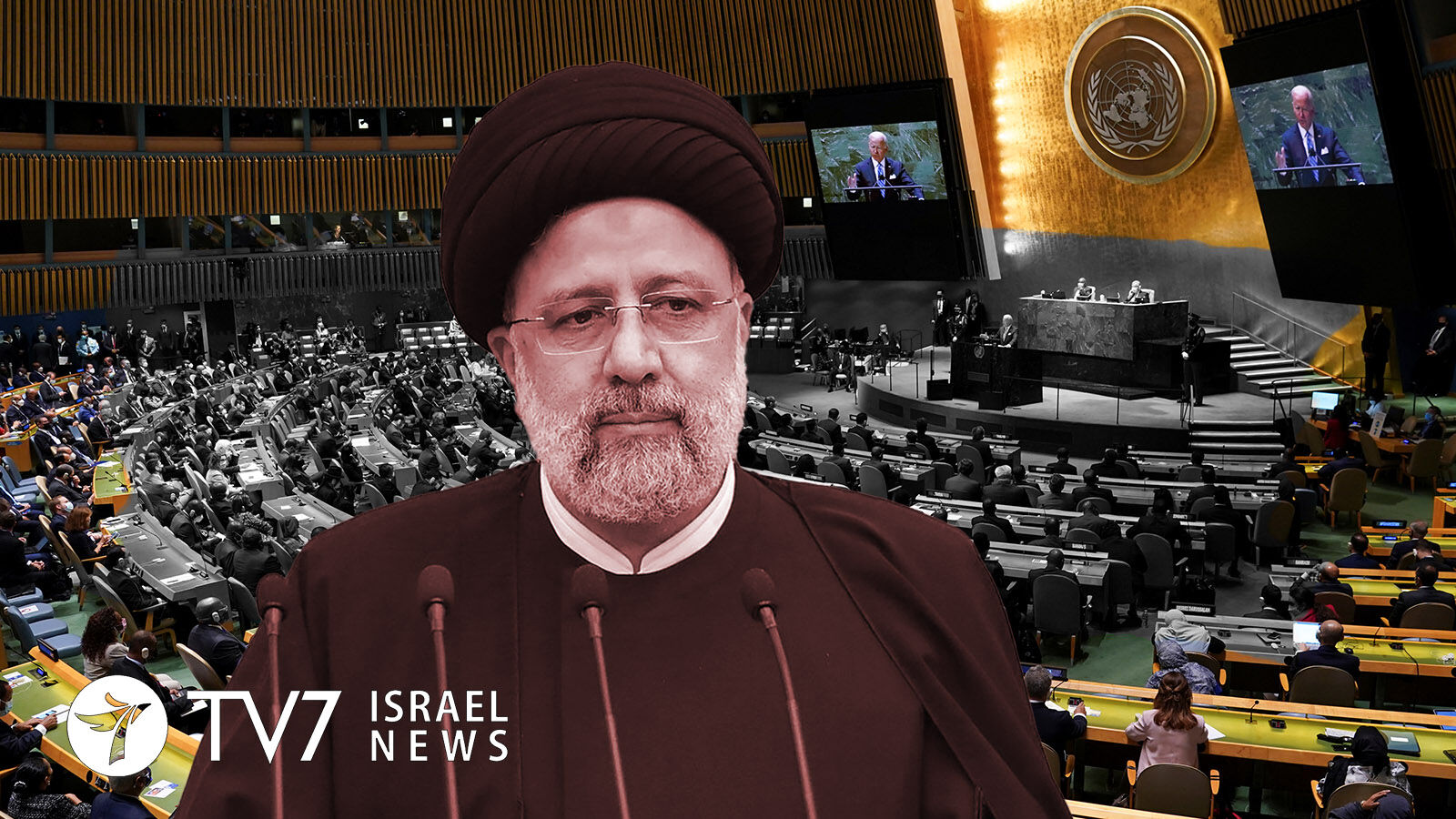460 prominent world leaders have signed a letter calling on United Nations High Commissioner for Human Rights Michelle Bachelet to investigate the 1988 “massacre” of political prisoners in Iran, including the alleged role at the time by the Islamic Republic’s current President Ebrahim Raisi.
By Erin Viner
Signatories of the open letter include former International Criminal Court (ICC) President Sang-Hyun Song, former United States Ambassador for Global Criminal Justice Stephen Rapp, previous UN investigators of torture and former Foreign Ministers of Australia, Belgium, Canada, Italy, Kosovo and Poland.
Raisi, a hardline Islamic cleric who assumed office last August as the favored presidential candidate of Supreme Leader Ayatollah Ali Khamenei, is under personal US sanctions over allegations of human rights abuses for what Washington and human rights activists say was his involvement as 1 of 4 judges who oversaw the 1988 killings, while acting as Tehran deputy prosecutor.
A 2018 report by Amnesty International estimated that at least 5,000 were put to death but that “the real number could be higher.”
“The perpetrators continue to enjoy impunity. They include the current Iranian President Ebrahim Raisi and judiciary chief Gholam-Hossein Mohseni Ejei,” said the open letter. Ejei succeeded Raisi as head of Iran’s judiciary.
The letter campaign was organized by the British-based group called Justice for Victims of the 1988 Massacre in Iran. The document was also sent to the UN Human Rights Council (UNHRC), whose 47 member states are slated to open a 5-week session on 28 February.
Raisi’s office has yet to respond to the latest developments. When asked about activists’ allegations that he was involved in the killings at a news conference in June 2021, he said, “If a judge, a prosecutor has defended the security of the people, he should be praised,” adding, “I am proud to have defended human rights in every position I have held so far.”
The Islamic Republic has never acknowledged that mass executions were carried out during the regime of Ayatollah Ruhollah Khomeini, the country’s revolutionary leader who died in 1989.
The latest push for an independent inquiry into the allegations of state-ordered executions in 1988 follows a previous call from UN Special Rapporteur for Human Rights in Iran Professor Javaid Rehman – immediately following Raisi’s June election as the favored presidential candidate of Supreme Leader Ayatollah Ali Khamenei.
The British-Pakistani legal scholar told Reuters in an exclusive interview that his office has gathered testimonies and evidence over the years that it was prepared to share with the UNHRC or another body to carry out an impartial investigation.
Professor Rehman also expressed concern over reports that some “mass graves” were being destroyed as part of a continuing cover-up.
“I think it is time and it’s very important now that Mr. Raisi is the president that we start investigating what happened in 1988 and the role of individuals,” Rehman said at the time from London, where he teaches Sharia Islamic Law and International Law at Brunel University.
Such a probe is in the interest of Iran and could bring closure to families, he said, adding: “Otherwise we will have very serious concerns about this president and the role, the reported role, he has played historically in those executions.”
Israel’s Ministry of Foreign Affairs issued a fiery response to the speech Iranian President Raisi delivered to the United Nations General Assembly (UNGA) last September.
“Iran’s Ayatollah regime constitutes a clear and immediate threat to the Middle East and world peace,” according to the statement obtained by TV7.
“The new government in Iran, headed by the “Butcher of Tehran” Raisi, and consisting largely of ministers suspected of terrorism and on global sanctions lists, is the extremist face of a regime that has brought harm to Iranian citizens for over forty years, which encourages and finances terrorism, and which is destabilizing the entire Middle East,” proclaimed Jerusalem.
The Foreign Ministry charged that, “Raisi continues to fool the international community in a speech filled with lies and cynicism,” and demanded that “the international community must condemn the Iranian regime and prevent any possibility of nuclear capabilities and weapons falling into the hands of these extremists.”
